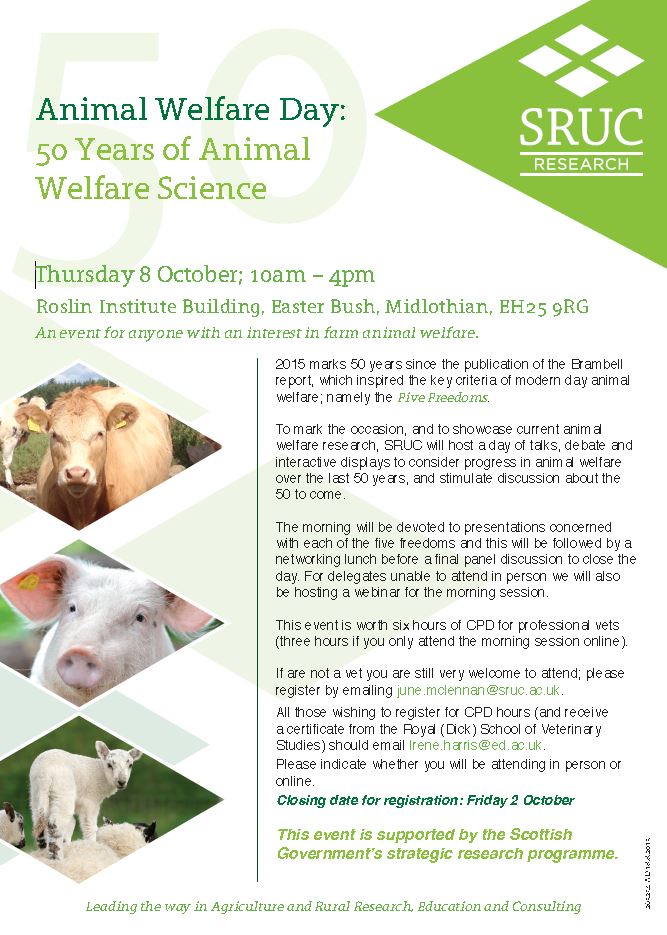This month saw our welfare veterinary nurse, Hayley Walters, attend her second BSAVA (British Small Animal Veterinary Association) International Affairs Committee meeting. Held in Birmingham three times a year, Hayley is the first veterinary nurse to sit on the committee. The International Affairs Committee is responsible for links within the Union of European Veterinary Practitioners (UEVP) and the Federation of Veterinarians of Europe (FVE) as well as liaising with the Federation of European Companion Animal Veterinary Association (FECAVA) and the World Small Animal Veterinary Association (WSAVA) This committee allows BSAVA to identify and influence matters of importance to the small animal veterinary surgeon in Europe and further afield.
 |
| Sheep used for suturing practise at a vet school in China |
 |
|
JMICAWE’s Heather
Bacon teaching suturing on a suture board
|
Everyone attending the meeting agreed that countries still
teaching students in this manner needed to align with international standards
of education and a unanimous decision was made to present the report to BSAVA’s
scientific committee. Once the report has been approved it will receive BSAVA’s
full endorsement and ultimately be sent to WSAVA. WSAVA is a global veterinary
community set up to facilitate the exchange of scientific information between
individual veterinarians and veterinary organisations all over the world.
JMICAWE made several recommendations
in the report, including how to phase out the harmful use of live animals in
veterinary education, and it is hoped that with WSAVA’s endorsement to its
worldwide contacts, more vet schools will look to make the change.







